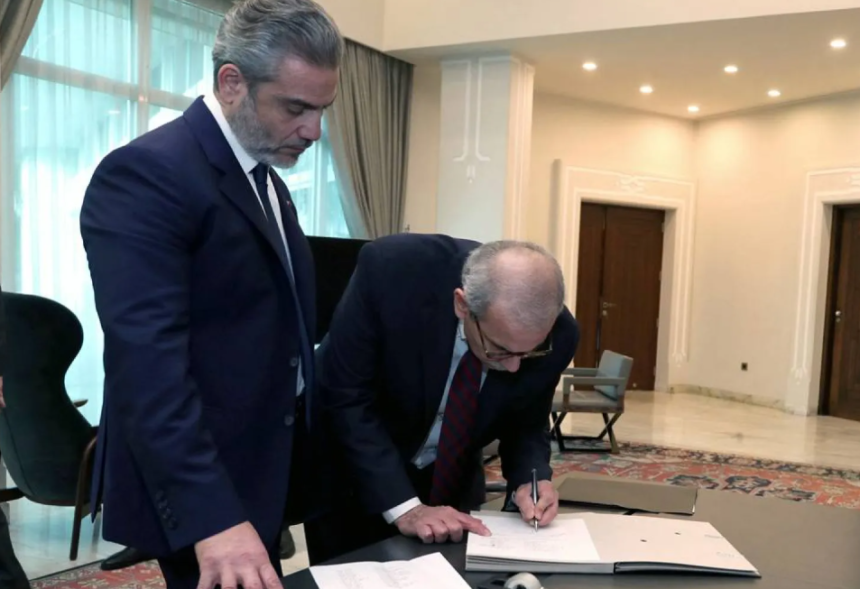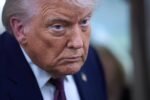The United Nations has welcomed the formation of a new government in Lebanon, marking the end of more than two years under a caretaker cabinet.
“Today’s government formation heralds a new and brighter chapter for Lebanon,” said Jeanine Hennis-Plasschaert, the UN special coordinator for Lebanon.
The formation of the 24-member cabinet, led by Prime Minister Nawaf Salam, followed direct U.S. involvement in the process, with Washington pushing to limit Hezbollah’s influence. The move is seen as a step toward unlocking international reconstruction funds after the country’s prolonged economic crisis and the devastating war between Israel and Hezbollah.
Key Priorities of the New Government
Salam outlined his cabinet’s priorities:
✅ Financial Reforms – Addressing Lebanon’s economic collapse
✅ Reconstruction – Rebuilding war-torn areas, particularly in the south
✅ Border Security – Implementing UN Resolution 1701 to stabilize tensions with Israel
“This government will seek to restore confidence between citizens and the state, between Lebanon and its Arab surroundings, and between Lebanon and the international community,” Salam stated.
U.S. Reaction and Hezbollah’s Role
While Washington has welcomed the government formation, U.S. envoy Morgan Ortagus reiterated that Hezbollah should not be part of the new administration, calling it a “red line” for American support. However, despite U.S. pressure, Hezbollah and its allies maintained their ministerial share in the government.
The economic crisis in Lebanon, now in its sixth year, has crippled the country’s financial system, energy sector, and living conditions. Salam, a former judge at the International Court of Justice, has pledged to reform Lebanon’s judiciary and push for urgent economic solutions.







